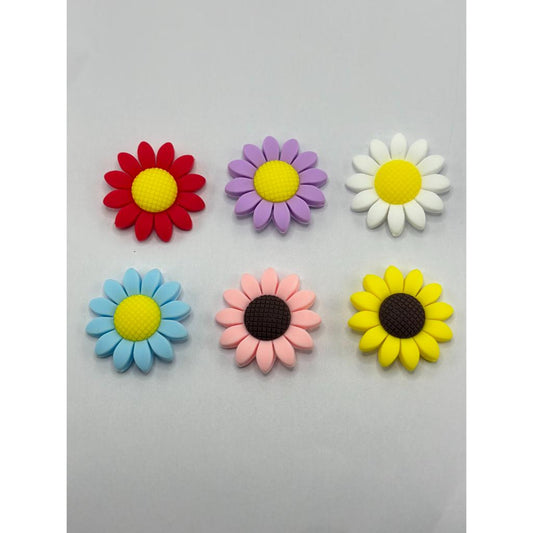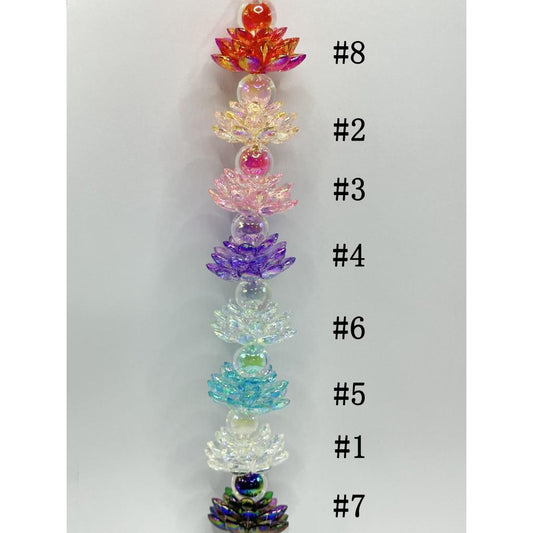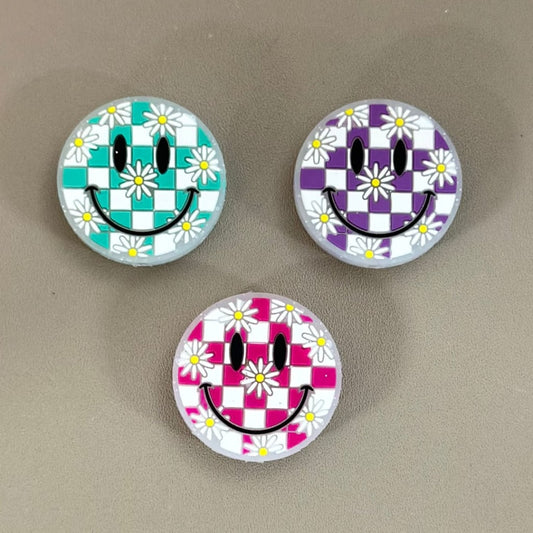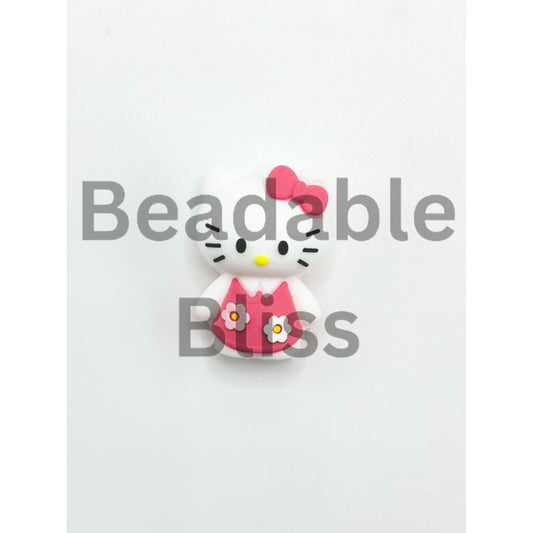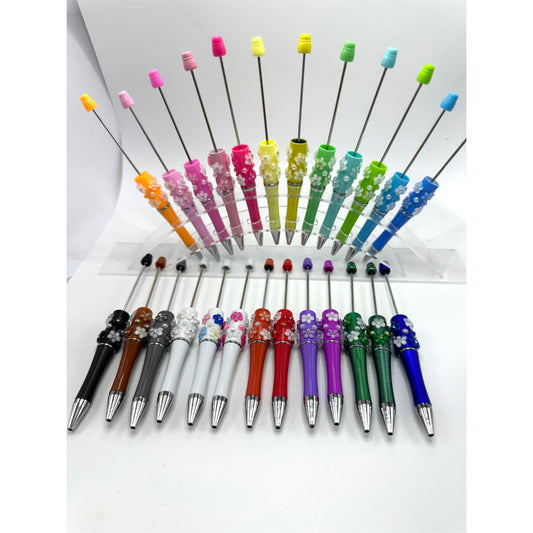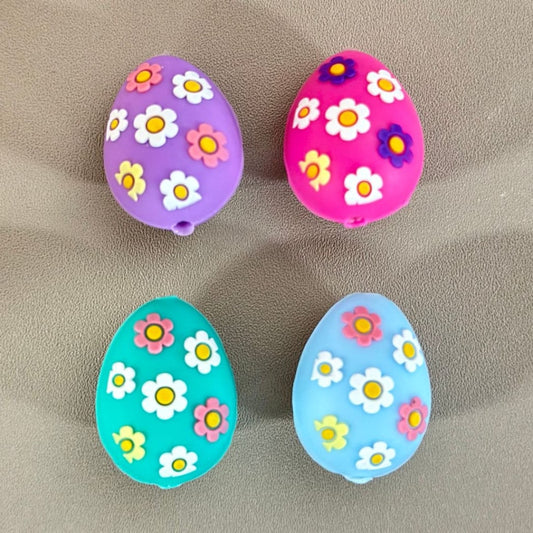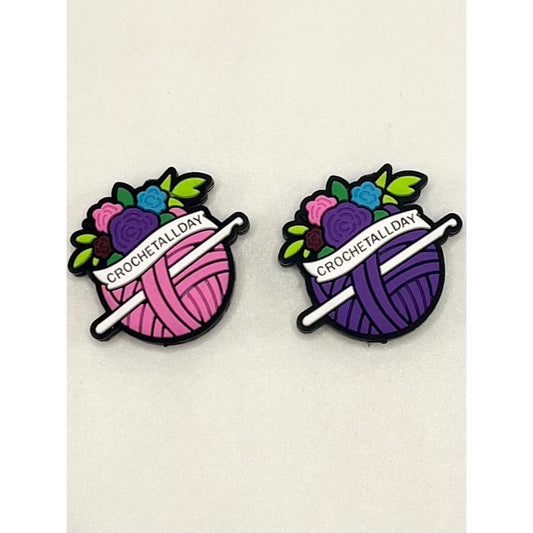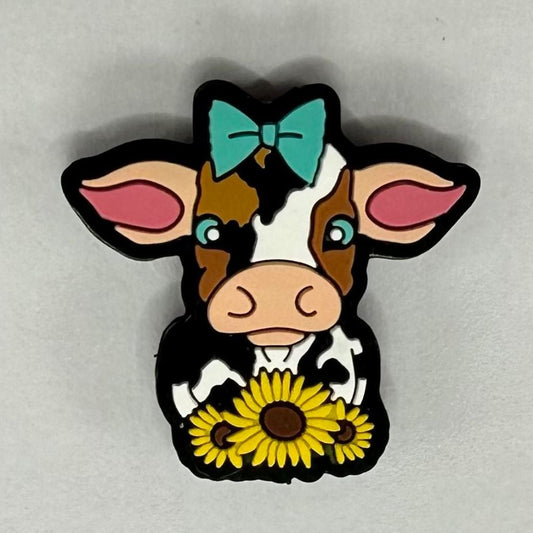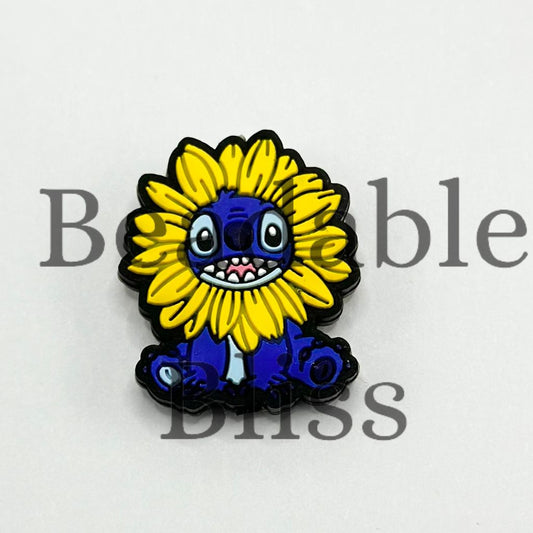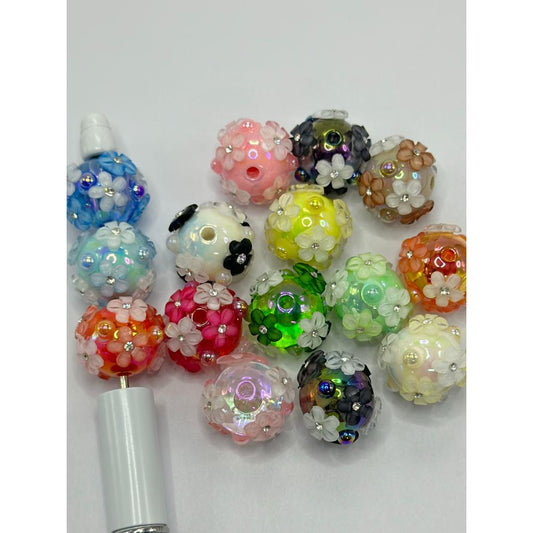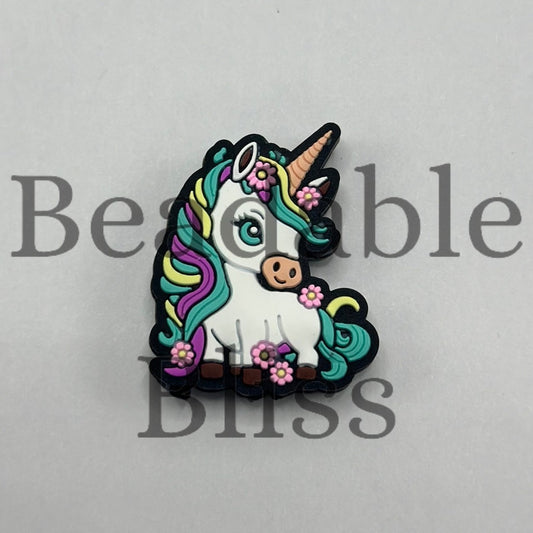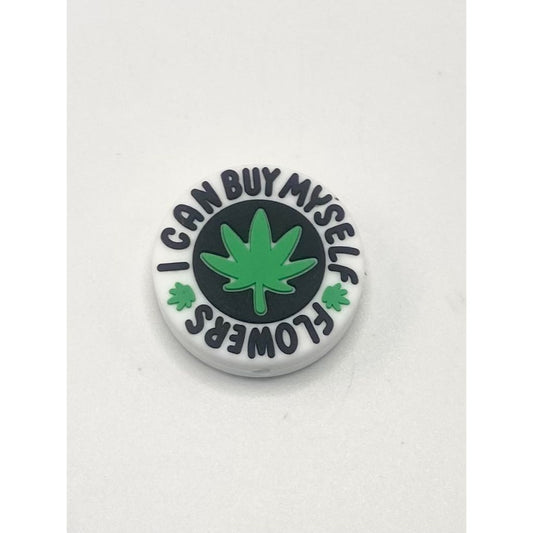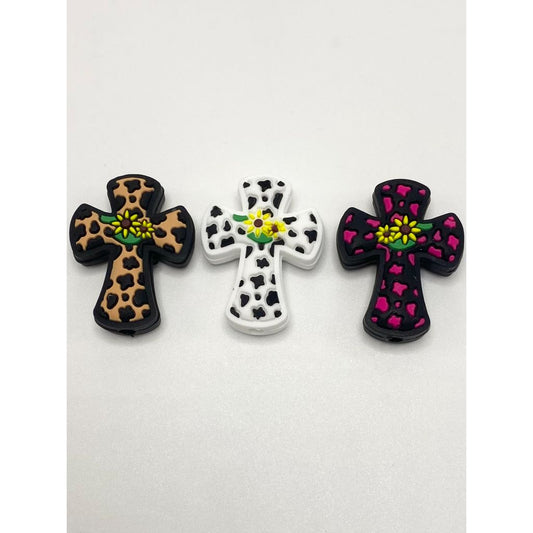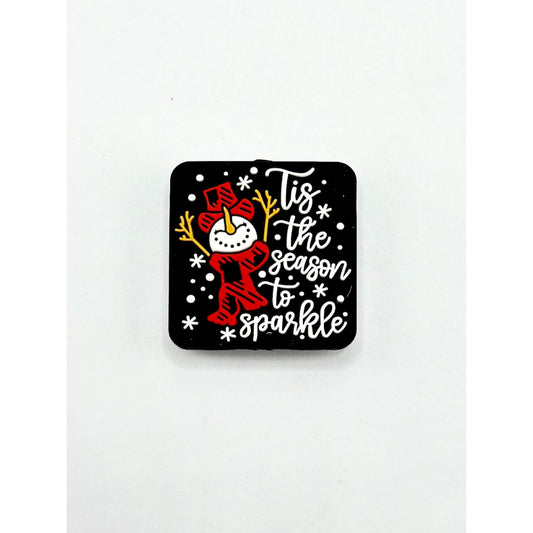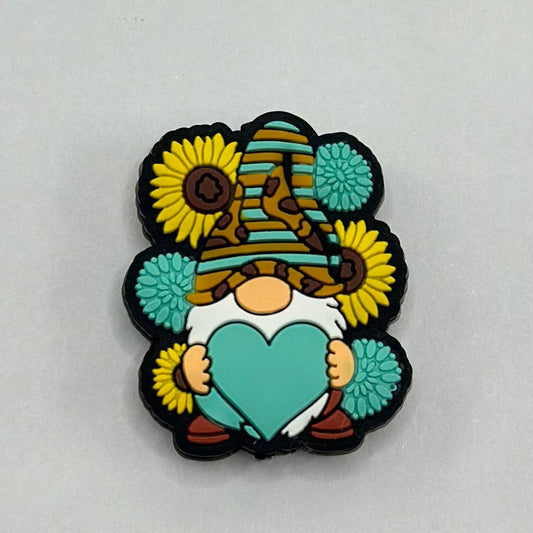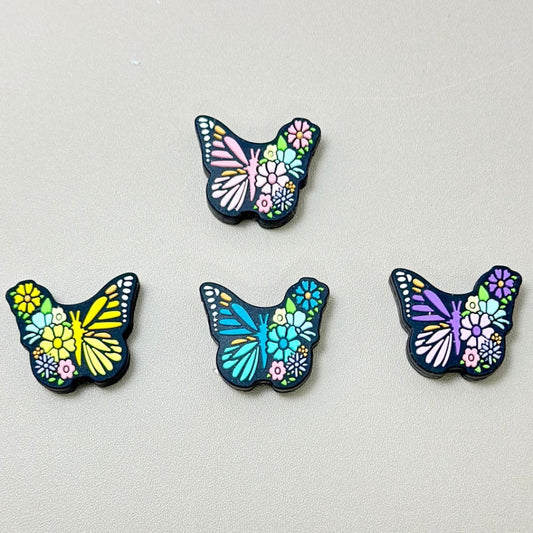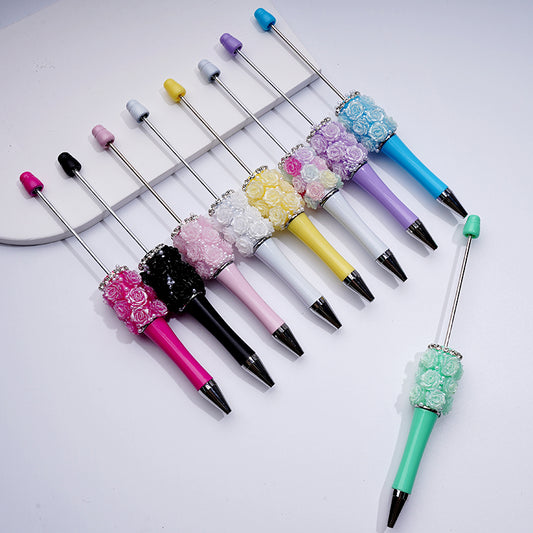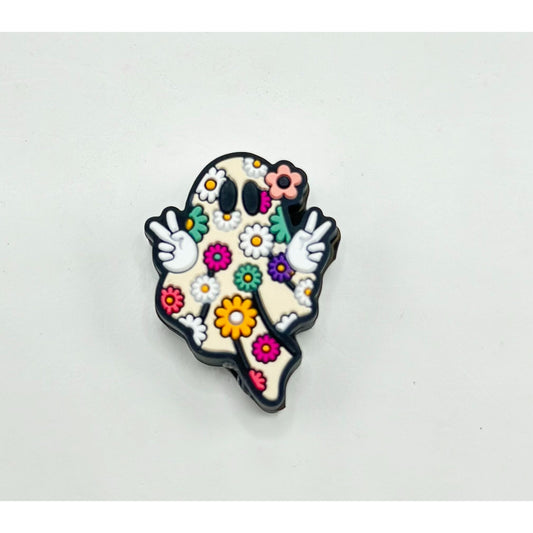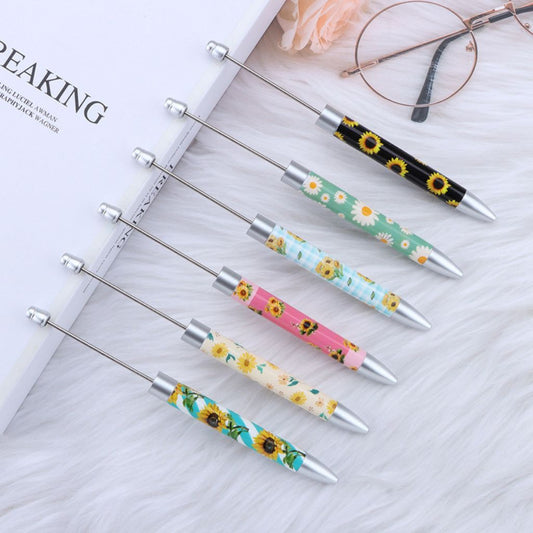-
Large Flower Flowers Silicone Focal Beads
Regular price From $0.40Regular priceUnit price per -
Smile Face Mini Flower Purple-White Square Checkers Round Silicone Focal Beads
Regular price From $0.40Regular priceUnit price per -
3D Cute Hello Kitten Cat with Pink Dress Bowknot Small Flower Silicone Focal Beads
Regular price From $0.50Regular priceUnit price per -
3D Multi-Color Cute Easter Eggs with Flowers Silicone Focal Beads
Regular price From $0.50Regular priceUnit price per -
Western Country Cow Calf Sunflower Bow Silicone Focal Beads
Regular price From $0.40Regular priceUnit price per -
Blue Stech with Yelllow Sunflower Cartoon Silicone Focal Beads
Regular price From $0.40Regular priceUnit price per -
Glossy Solid Color & See Thru Clear Acrylic Beads with Small Flowers, Rhinestones & Flat Back Pearls, 16mm, FCH, Random Mix
Regular price From $5.00Regular priceUnit price per -
Unique Unicorn with Colorful Mane and Pink Flowers Silicone Focal Beads
Regular price From $0.40Regular priceUnit price per -
I Can Buy Myself Flowers Silicone Focal Beads
Regular price From $0.40Regular priceUnit price per -
Cross Beads with Sunflower Cow Print, Christianity Religious Silicone Focal Beads
Regular price From $0.40Regular priceUnit price per -
Tis The Season to Sparkle Snowman Winter Snow Flower Silicone Focal Beads
Regular price From $0.40Regular priceUnit price per -
Gnome with a Teal Heart and Yellow Sunflower and Aztec Flower Silicone Focal Beads
Regular price From $0.40Regular priceUnit price per -
Colorful Butterfly with Small Flowers Silicone Focal Beads
Regular price From $0.40Regular priceUnit price per -
My Favorite People Call me MOM Sunflower Sayings Silicone Focal Beads
Regular price From $0.40Regular priceUnit price per -
Beadable Pen with Shiny Glitter Rose Flower White Pearls Clear Rhinestones Chain in Solid Color
Regular price From $0.65Regular priceUnit price per -
Bead Cage Bead Cap for 16mm Beads Flower Shape PLEASE READ DESCRIPTION
Regular price From $0.90Regular priceUnit price per -
3D Cute Red Book Cactus Flying Dragon Unicorn Flower Pots Silicone Focal Beads
Regular price From $0.50Regular priceUnit price per -
Best Mama Mom Mother Life Coffee Sun Flower Vibes Jaguar Silicone Focal Beads
Regular price From $0.40Regular priceUnit price per -
DIY Beadable Plastic Cute Sun Flowers Printed Pens, 167MM
Regular price From $0.35Regular priceUnit price per
Explore Our Unique Collection of Flower Beads for Jewelry Making
Our collection of flower beads is perfect for adding elegance and nature-inspired beauty to any jewelry design. These beads, available in a variety of materials, colors, and intricate shapes, make it easy for designers to craft unique pieces that bring charm to any accessory. From whimsical bracelets to statement necklaces, our flower beads glass for jewelry making allow for endless creative expression.
Types of Crown Flower Beads for Every Style
- Our selection of trumpet flower beads spans a wide variety of types of flower stylish beads to cater to all jewelry styles.
- We offer glass flower beads, acrylic flower beads, ceramic flower beads, and even metal flower beads, each with its own distinct look and feel.
- The flower beads patterns for jewelry making are particularly popular due to their luminous quality and intricate patterns.
- These beads add a vintage touch that’s ideal for classic jewelry designs, while our acrylic and ceramic flower beads offer a lighter, playful aesthetic, suitable for creating youthful or bohemian-inspired pieces.
Flower Beads Patterns and Styles
Our prairie flower beads pattern selection includes everything from simple, single-petal designs to complex, multi-layered floral shapes that capture the depth and detail of real flowers. These patterns allow jewelry makers to create both subtle accents and eye-catching centerpiece designs. Some beads are hand-painted or feature intricate carved details, ensuring a truly unique finish to any piece of jewelry.
Flower Beads for Jewelry Making
- Flowers beads open up countless possibilities for jewelry makers, whether they’re crafting dainty earrings, charm bracelets, or multi-strand necklaces.
- The versatility of plastic flower beads for jewelry making lies in their ability to complement a range of styles, from minimalist to ornate.
- They are also ideal for both beginners and advanced jewelers, as their simple shapes are easy to work with, while more intricate patterns can add sophistication to any piece.
- Designers can even create seasonal or themed jewelry, such as spring and summer collections, using these nature-inspired beads.
Wholesale Options for Flower Perler Beads
For those looking to stock up on a larger quantity, we offer flower beads bulk options. This is perfect for businesses or jewelry makers who want to buy in bulk, ensuring they have a wide selection of flower clay beads on hand for various projects. Our wholesale flower beads come in assorted types, colors, and patterns, providing a comprehensive palette to meet diverse customer needs.
Flower beads bring beauty and versatility to jewelry-making projects, whether you’re creating a single piece or a full collection.

